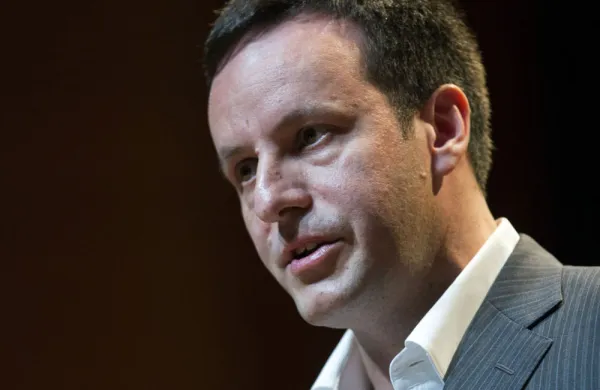Investors who were shorting biotech firm Kite Pharma woke up to some bad news Monday morning.
Pharmaceutical company Gilead Sciences announced Monday that it’s buying the drug researcher for $11.9 billion, crushing fund managers’ bets that Kite would stumble in the process of launching its cell therapy treatment for cancer. As of August 15, 8.1 million Kite shares were short, according to NASDAQ data.
Kite Pharma has likely been a target for bearish bets because the technology it uses — CAR T — is new to the market, and while the company has several drugs in development, it has never marketed or sold a drug before, according to Wedbush biotechnology analyst David Nierengarten. The Gilead acquisition sent Kite’s shares soaring 28 percent Monday, to close at $178.05.
“We were wrong on the short price,” Nierengarten said by phone. “The hazard of having an underperform rating on a company that’s about to launch is that it can get acquired before the launch.”
Nierengarten was one of few analysts who had an “underperform” rating on Kite. Before the acquisition announcement, the biotech company’s shares had already tripled from $44.84 at the end of last year.
Bets against the business have declined this year, but remain significant. The volume of short interest in mid-August equaled 8.1 days of Kite’s average trading volume, down from 11.7 days at the end of December. Still, Kite remained in the top third of 2,500 NASDAQ companies based on the days-to-cover ratio, according to Bloomberg.
Fund managers theorized that Kite would fail at selling the drug, Nierengarten said.
CAR T therapy is an “emerging field of cell therapy, which uses a patient’s own immune cells to fight cancer,” according to the joint-company statement on the acquisition. Its most advanced therapy candidate, axicabtagene ciloleucel, is a CAR T therapy now under “priority review” by the U.S. Food and Drug Administration, Kite and Gilead said, adding the therapy should become available in late November.
While Gilead has experience marketing new products, Nierengarten remains skeptical of CAR T’s success.
“You could kind of trust Gilead with a tablet,” Nierengarten said. “This isn’t a tablet. The challenges come in delivery to physicians, integrating it into the physician practice and reimbursement.”
He also believes Gilead paid too much for Kite, as the acquisition valued the company at a 29 percent premium to its closing price Friday.
“It was too high,” Nierengarten said, adding that the purchase won’t become profitable for Gilead until the fourth year of ownership. “That’s looking really far ahead for a product that is very new,” he said.







